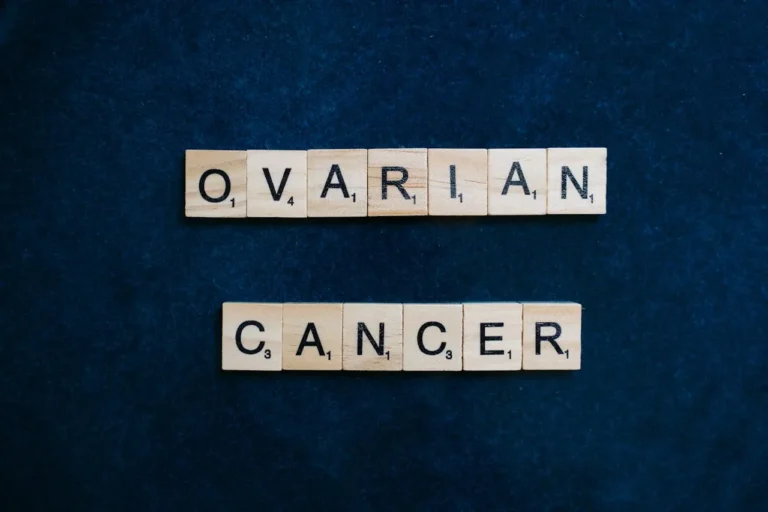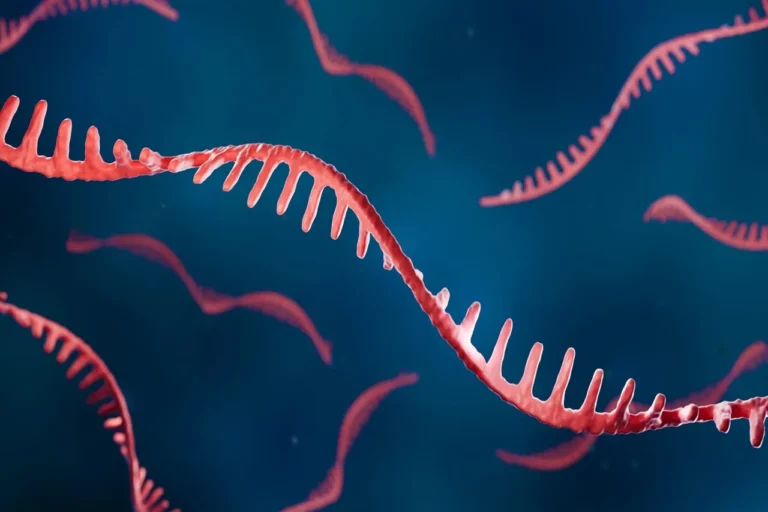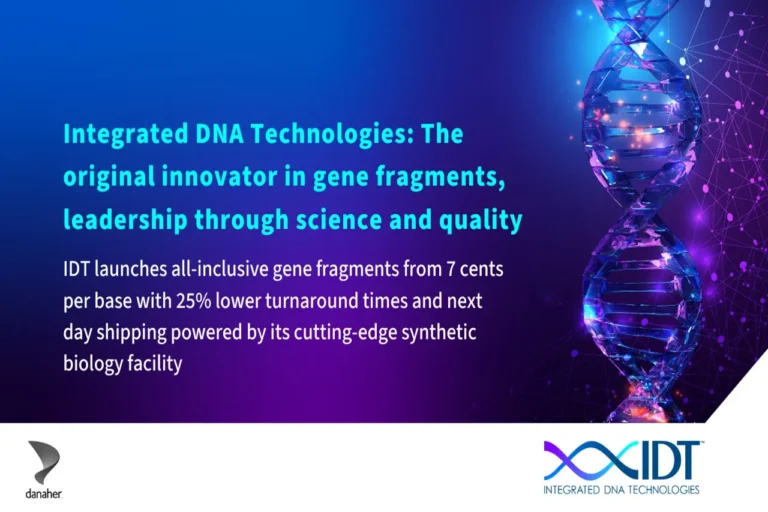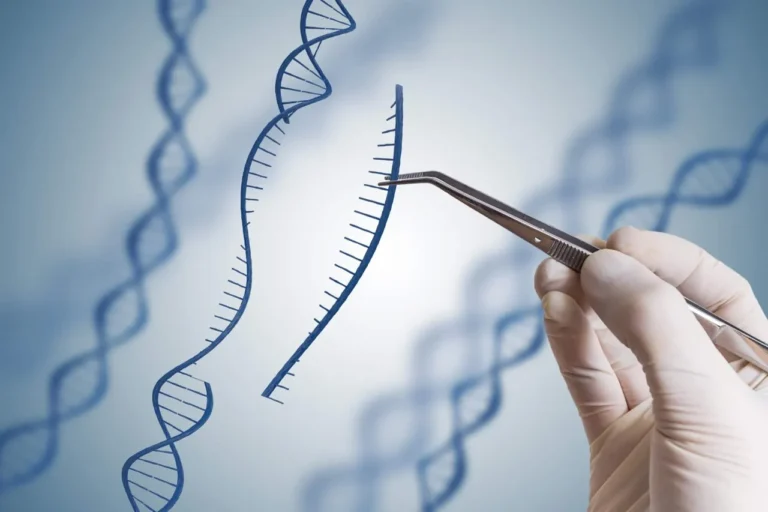
iECURE Presents Promising Data for ECUR-506 in OTC-HOPE Phase 1/2 Trial at 2025 ACMG Annual Meeting
iECURE, Inc., a gene editing company focused on developing mutation-agnostic in vivo gene insertion therapies for liver disorders, has shared encouraging results from the ongoing Phase 1/2 OTC-HOPE study of its lead candidate, ECUR-506. The data, presented at the 2025 American College of Medical Genetics and Genomics (ACMG) Annual Meeting, suggest a potential partial restoration of functional ornithine transcarbamylase (OTC) enzyme activity in the first patient dosed with ECUR-506.
Potential Breakthrough in OTC Deficiency Treatment
The data from the OTC-HOPE study offer hope for infants suffering from neonatal onset OTC deficiency, a rare and severe genetic disorder that leads to the accumulation of ammonia in the blood, a condition that can cause irreversible brain damage or death if not managed effectively. For these patients, long-term restoration of OTC activity could reduce the need for constant medical management and eliminate the threat of hyperammonemic crises.
Dr. Gabriel Cohn, M.D., MBA, Chief Medical Officer of iECURE, expressed optimism about the findings. “Long-term restoration of ornithine transcarbamylase activity has the potential to allow infants afflicted with neonatal onset OTC deficiency to live healthier lives unburdened by hyperammonemic crises and ongoing medical management,” he said. “The data generated for the first six months post-treatment with ECUR-506 continue to be encouraging for us. We are eager to continue enrolling patients into the OTC-HOPE study and are hopeful that we will continue to see similar results.”
Details of the First Patient’s Treatment
The first patient in the study received a single infusion of ECUR-506 at 6.5 months of age, administered at the lowest dose of 1.3 x 10¹³ GC/kg. The treatment was generally well tolerated, with a few notable side effects. At 12 weeks after dosing, ammonia scavenger medications were discontinued due to reduced serum glutamine levels, and the patient’s protein intake was increased to an age-appropriate level for infants without OTC deficiency. While the treatment resulted in some initial adverse effects, such as asymptomatic Grade 3 transaminitis at four weeks post-treatment, this resolved after eight weeks with immunosuppressive therapy.
Clinical Observations: Key Findings
Several important observations were made during the 6-month follow-up period. One significant finding was that the mean blood urea nitrogen (BUN) level post-treatment was markedly higher than the pre-treatment mean, which had been close to the lower limit of normal. BUN levels are typically low in patients who lack functional OTC due to impaired urea production. The increased BUN level after treatment may indicate some degree of restored OTC enzyme activity.
“The observation at the end of the 6-month follow-up period that plasma ammonia levels remained within normal limits following the removal of ammonia scavenger medicines and restoration of a diet with typical protein levels, as well as the increased blood urea nitrogen levels, suggests some OTC enzyme activity may have been restored following treatment with ECUR-506,” said Dr. Julien Baruteau, M.D., Ph.D., MRC Clinical Scientist Fellow and Group Leader at University College London Great Ormond Street Institute of Child Health. Dr. Baruteau also serves as a principal investigator in the study.
A Glimmer of Hope for Families
For families of infants affected by OTC deficiency, the results are particularly significant. Currently, the only long-term solution for severe cases of OTC deficiency is a liver transplant. The possibility of restoring OTC enzyme activity through a gene editing approach like ECUR-506 could provide an alternative treatment option, potentially reducing the need for transplants and the ongoing management of the disorder.
“For families who have struggled to manage their babies’ health while waiting for a liver transplant, currently the only long-term solution for those afflicted with the most severe forms of OTC deficiency, a solution that could restore OTC activity would be an incredibly exciting option,” Dr. Baruteau remarked.
Next Steps in the OTC-HOPE Study
The encouraging results from the first patient in the study have prompted iECURE to continue enrolling patients into the OTC-HOPE Phase 1/2 clinical trial. The company is hopeful that the positive trend observed in the initial patient will be replicated in subsequent participants, further validating the potential of ECUR-506 as a treatment for OTC deficiency.
“We are excited to see these initial results and are optimistic about the future of ECUR-506,” said Dr. Cohn. “Our team is committed to advancing this promising gene therapy approach, which has the potential to transform the lives of patients with OTC deficiency.”
In conclusion, the data presented at the 2025 ACMG Annual Meeting mark a significant step forward in the treatment of OTC deficiency. With ongoing research and further patient enrollment, ECUR-506 could become a groundbreaking therapy for a condition that currently has limited treatment options, offering hope for infants and families affected by this debilitating disorder.
About OTC Deficiency
OTC deficiency is a serious rare genetic disease wherein ammonia, a waste product that is generated when the body breaks down proteins, builds up in the blood (hyperammonemia). Ammonia is toxic to the brain when it accumulates at high levels. Newborns with neonatal onset OTC deficiency experience symptoms of hyperammonemia shortly after birth, including lethargy, poor suck and vomiting, that if left untreated can quickly escalate to seizures, brain damage, coma and eventual death.
About ECUR-506
iECURE’s approach to gene editing for its initial programs, including OTC deficiency, relies on the delivery of two adeno-associated virus (AAV) vectors comprised of the same capsid, but each carrying different payloads. ECUR-506 comprises two vectors, an ARCUS® nuclease vector targeting gene editing in the well-characterized PCSK9 gene locus and a donor vector that inserts the desired functional OTC gene. iECURE has licensed the ARCUS® nuclease for ECUR-506 from Precision BioSciences (Nasdaq: DTIL).1 The cut in the PCSK9 site designed to serve as a safe harbor, insertion site for the OTC gene, providing a potential path to permanent expression of a functional gene.
About the OTC-HOPE Study
The OTC-HOPE study is a Phase 1/2 first-in-human clinical trial of ECUR-506 in baby boys with genetically confirmed neonatal onset OTC deficiency and has been cleared to evaluate ascending dose levels of ECUR-506, if necessary. The study is enrolling newborn males up to seven months of age at screening who are diagnosed with severe neonatal onset OTC deficiency and meet certain other criteria. The primary objective is to assess the safety and tolerability of intravenous administration of a single dose of ECUR-506.
It will also assess the pharmacokinetics and efficacy of ECUR-506 administration and the potential effects of ECUR-506 on disease-specific biologic markers, developmental milestones and quality of life. The main study will occur in a series of stages over a 10-month period, including screening, stabilization, dosing eligibility, study drug administration, and six-month follow-up. Upon completion of the OTC-HOPE study, participants transition to the 14.5 year long term follow up study (ECUR-LTFU). For more information, visit https://OTC-HOPE.com.
About iECURE
iECURE is a clinical-stage gene editing company focused on developing therapies that utilize mutation-agnostic in vivo gene insertion for the treatment of liver disorders with significant unmet need. We believe our approach has the potential to restore the function of a dysfunctional gene, regardless of mutation, by knocking-in a functional copy of that gene to offer durable gene expression and long-term, potentially curative, therapeutic benefit.
Our management team has extensive experience in executing global orphan drug and gene therapy clinical trials and successfully commercializing multiple products. We intend to leverage our team’s core strength in research and development strategy to identify what we believe to be the most suitable target and modality for our product candidates to address particular liver diseases. For more information, visit https://iecure.comand follow on LinkedIn.
About Precision BioSciences & ARCUS®
Precision BioSciences, Inc. is a clinical stage gene editing company dedicated to improving life (Nasdaq: DTIL) with its novel and proprietary ARCUS® genome editing platform that is designed to differ from other technologies in the way it cuts, its smaller size, and its simpler structure. Key capabilities and differentiating characteristics may enable ARCUS nucleases to drive more intended, defined therapeutic outcomes. Using ARCUS, Precision’s pipeline is comprised of in vivo gene editing candidates designed to deliver lasting cures for the broadest range of genetic and infectious diseases such as chronic hepatitis B where no adequate treatments exist. For more information about Precision BioSciences, visit www.precisionbiosciences.com.







